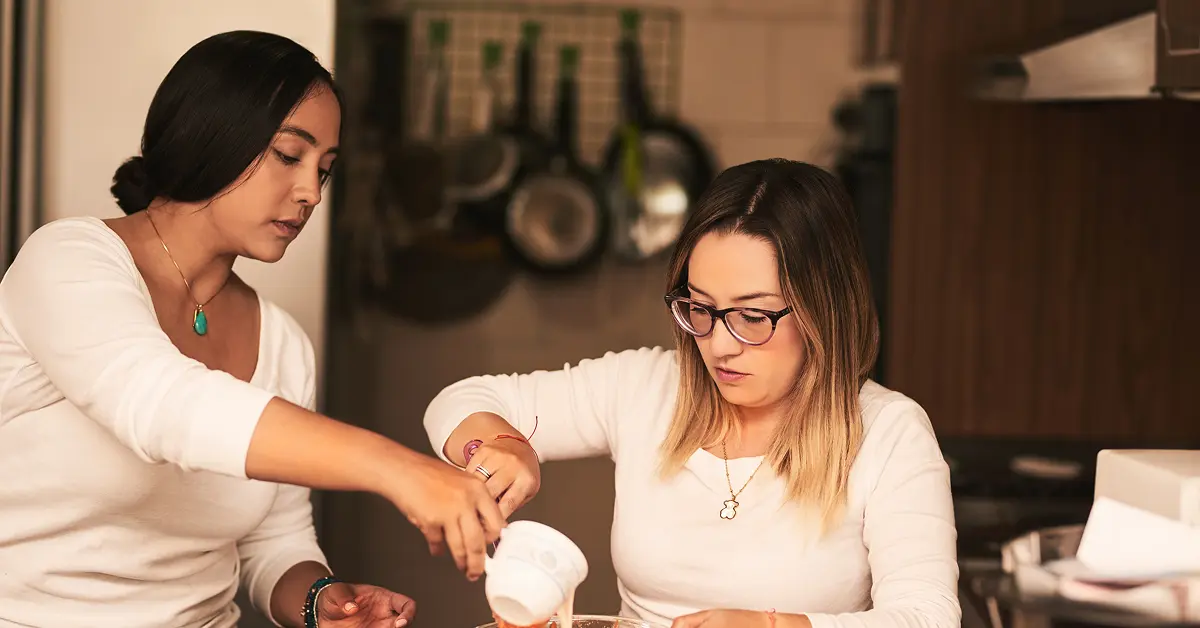Discover how trained caregivers in India support chronic condition management at home through medication adherence, lifestyle monitoring, emotional support, and coordinated care, ensuring better health outcomes.
Introduction
Chronic conditions like diabetes, hypertension, arthritis, and heart disease are on the rise in India, especially among the elderly population. Managing these long-term illnesses requires consistent monitoring, adherence to medication, dietary control, and emotional support. While hospitals provide initial care, much of the real management happens at home. This is where trained caregivers play a crucial role. Caregivers—whether professional or family members—offer invaluable assistance in helping patients lead healthier and more independent lives, even with chronic conditions.
Why Chronic Condition Management at Home Matters
India’s healthcare system is burdened with high Patient Care and limited hospital resources, especially in tier 2 and tier 3 cities. Long hospital stays are not always feasible due to cost, travel difficulties, or emotional stress. Home-based care allows individuals to stay in a familiar environment, which often improves mental well-being and recovery rates. However, without proper supervision and care, managing chronic diseases at home can be overwhelming for families.
This is where trained caregivers bring expertise and consistency, reducing hospital readmissions and improving quality of life.
Medication Management
One of the biggest challenges in chronic disease care is ensuring timely and accurate medication intake. Missing doses or taking incorrect medicines can lead to complications.
Caregivers help by:
- Creating daily medication schedules
- Reminding and assisting patients in taking medicines
- Keeping track of prescriptions and dosage changes
- Coordinating with pharmacies and doctors for refills
Monitoring Vital Signs and Symptoms
Chronic conditions require constant observation. Caregivers are trained to monitor vital signs like blood pressure, sugar levels, oxygen saturation, and more, depending on the illness.
They use medical devices like:
- Glucometers for diabetics
- BP monitors for hypertension
- Pulse oximeters for heart or respiratory patients
Assistance with Daily Activities
Many chronic conditions limit mobility and energy levels, making daily tasks difficult. Trained caregivers assist patients with:
- Bathing and dressing
- Eating and drinking
- Using the washroom
- Moving around safely
Nutritional Support
Diet plays a huge role in chronic illness management. In India, where food is deeply cultural and diverse, following a doctor-recommended diet plan can be difficult without support.
Caregivers help by:
- Preparing or supervising meals according to the medical diet
- Monitoring salt, sugar, and fat intake
- Encouraging hydration
- Avoiding foods that worsen the condition
Physical Therapy and Exercise
Mobility is often affected by chronic conditions like Parkinson’s disease, arthritis, and post-stroke paralysis. Caregivers can assist with basic physiotherapy exercises recommended by doctors.
Their support includes:
- Helping with walking routines
- Assisting with range-of-motion exercises
- Ensuring consistency in daily physical activity
- Motivating patients to stay active
Emotional and Mental Support
Living with a long-term illness can take a toll on mental health. Feelings of frustration, isolation, and depression are common among patients. A caregiver’s presence becomes emotionally supportive.
They help by:
- Being a good listener and companion
- Engaging patients in hobbies or light conversation
- Observing mood changes and reporting to family or doctors
- Reducing the feeling of being a burden
Emergency Response and Safety
Chronic illnesses can sometimes trigger sudden emergencies like low sugar levels or high blood pressure spikes. Trained caregivers are equipped to respond promptly.
- Recognize early warning signs
- Take immediate first aid actions
- Call doctors or emergency services if needed
- Maintain emergency contact lists and medical records
Coordination with Doctors and Family
Caregivers act as a bridge between the patient, family members, and medical professionals. Their observations and reports help doctors make better decisions.
- Health logs and symptom journals
- Medical appointment calendars
- Regular updates to family members
- Assistance during telehealth consultations
Reducing Hospital Visits and Costs
In a country like India, where healthcare costs can escalate quickly, managing chronic diseases at home helps reduce:
- Frequent OPD visits
- Hospital admissions
- Travel and waiting time in clinics
- Associated stress on caregivers and patients
Supporting the Family
Often, family members want to help but lack time or medical knowledge. Caregivers ease this burden by offering professional and compassionate support.
- Families are less stressed
- Work-life balance is maintained
- Elderly or chronically ill members are cared for with dignity and respect
Conclusion
Managing chronic conditions at home is not just a medical challenge; it’s a lifestyle transformation. Caregivers play a vital role in this journey, offering not only medical support but also emotional comfort, nutritional guidance, and companionship. Their presence ensures better adherence to treatment plans and significantly improves the patient’s quality of life.
As India’s population continues to age, the need for trained, compassionate caregivers is only going to grow. Whether you're managing diabetes, heart disease, or any other long-term condition, the right caregiver can make all the difference between mere survival and truly living.
Contents
- Introduction
- Why Chronic Condition Management at Home Matters
- Medication Management
- Monitoring Vital Signs and Symptoms
- Assistance with Daily Activities
- Nutritional Support
- Physical Therapy and Exercise
- Emotional and Mental Support
- Emergency Response and Safety
- Coordination with Doctors and Family
- Reducing Hospital Visits and Costs
- Supporting the Family
- Conclusion
Our 24*7 services
Latest Posts
- What Is Respite Care and Why Is It Important
- Affordable home care for senior citizens in India
- Caring for Seniors with Dementia or Alzheimer's at Home
- Senior Caregiving A Guide for Every Family
- How to Write a Caregiver Resume That Gets You Hired
- How Care After Hospital Discharge Speeds Up Recovery at Home
- How to Get Home Health Care for Seniors Through Medicare
- What Does a Senior Citizen Caregiver Really Do at Home
- How to Care for Elderly Parents with Alzheimer’s or Dementia
- How to Get 24-Hour Care for Seniors at Home


